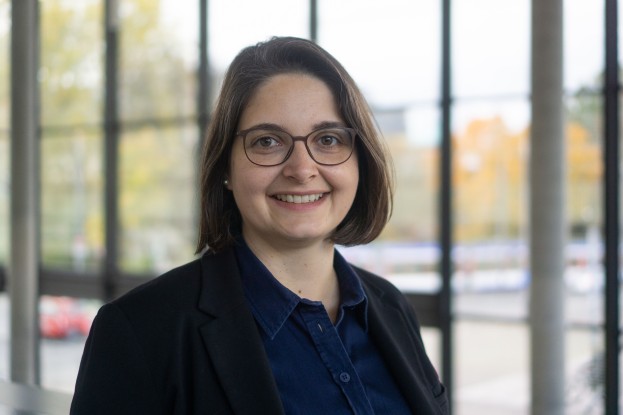Development and Implementation of a Robust 3D Cell Segmentation Pipeline for Light Sheet Microscopy Images
This project is designed for students with a keen interest in neural networks and hands-on experience with Python. It provides an exciting opportunity for students to contribute to cutting-edge research in the field of bio-image analysis. The primary goal is to develop, implement, and explore the capabilities of an established pipeline, known as PlantSeg, for accurate 3D segmentation of light sheet microscopy images at cellular resolution.
Objective
The main objective of this project is to employ the PlantSeg pipeline, originally designed for plant tissues, in the context of light sheet microscopy images. Specifically, we aim to predict 3D cell segmentation in volumetric images of growing organs, utilizing deep learning techniques. The project will involve training the pipeline on live light sheet microscopy images obtained from our lab's confocal and light sheet microscopes.
Methodology
PlantSeg utilizes a convolutional neural network for predicting cell boundaries and employs graph partitioning to achieve accurate cell segmentation based on these predictions. The project will focus on adapting and fine-tuning PlantSeg for light sheet microscopy images, capitalizing on its ability to deliver precise results and generalize effectively across various tissues, scales, and acquisition settings.
Expected Outcomes
- Adapted and fine-tuned PlantSeg pipeline for accurate 3D cell segmentation in light sheet microscopy images.
- Quantitative analysis of the pipeline's performance on real light sheet microscopy images.
- Insights into the generalizability and robustness of PlantSeg in the context of light sheet microscopy image analysis.
Additional Information
| Supervisor |
Prof. Dr. techn. Heinz Koeppl, Dr. Sandip Saha |
| Availability | Spring, Summer, and Fall 2025 |
| Capacity | 2 Students |
| Credits | 18 ECTS |
| Remote Option | No |



